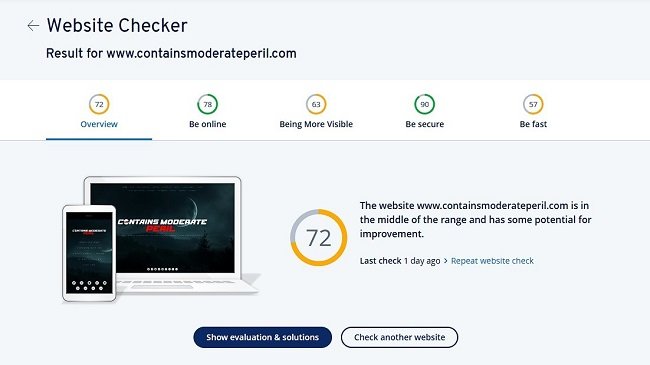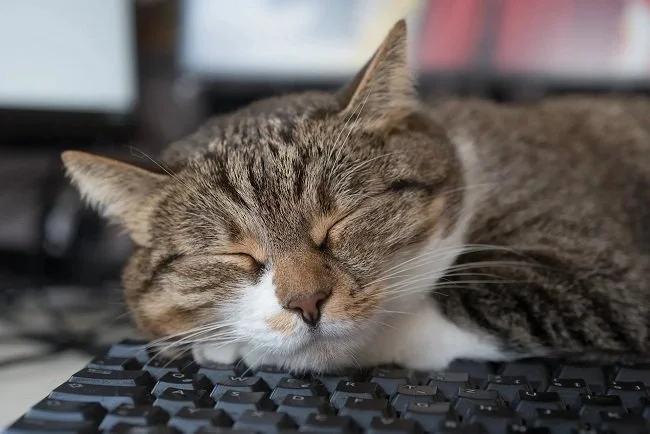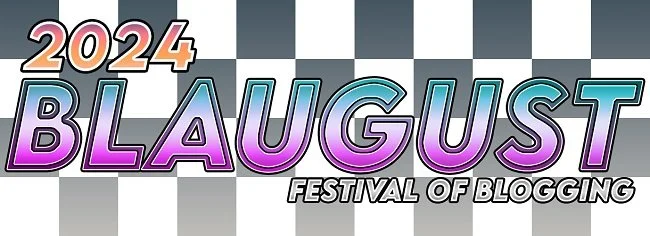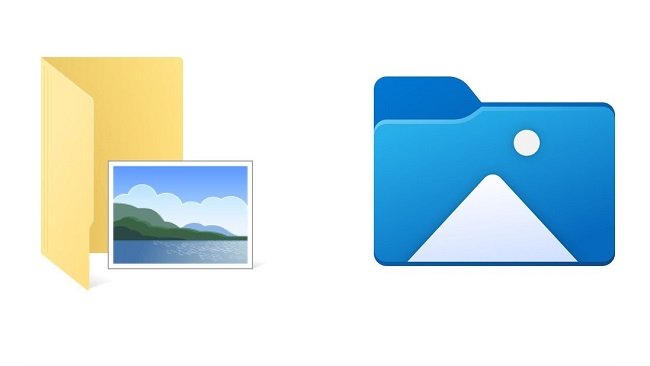Newbie Blogger Initiative 2016 - Blogging and the Law
A few years ago I posted some images on Contains Moderate Peril that had been leaked via the internet. I was not the only one to do this. Screen Rant, Den of Geek and several other big sites did the same. The pictures were from The Hobbit: The Desolation of Smaug and we all new that at the time that there was an embargo on such content. But everyone chose to post the material regardless as it was good for traffic. To cut a long story short, I and many other sites received an email from Warner Bros. legal team requesting that the images were removed. To cut a long story short, I and most others complied.
Most bloggers never stop to think of the legal issues that can arise from blogging. The subject seldom crosses their minds. However if you are referencing anything that isn't your own intellectual property then there is always scope for legal complications. There are also responsibilities with regard to freedom of speech. Contrary to what a lot of people think you cannot just say anything you like and there are often laws or terms of service to comply with. More often than not a blogger with a low online profile won’t have any problems, if they use their common sense. However I'm a firm believer in forewarned is forearmed, so I thought I'd explore the subject a little further. Please note it does not constitute as legal advice as I am not qualified to provide any. This is just a broad overview and an attempt to raise awareness.
The use of images:
If you blog about games, TV or movies and include images of such content then you are using material that belongs somebody else. Very few of us ever consider such things as permission and attribution. I guess we all make the assumption that using a screenshot from a game is not a big deal and if anything, we are providing free advertising. I'm sure a lot of companies do take that attitude. However you may be able to reduce any potential risk by considering the following. Check to see if there is a press or fan kit available for whatever it is you are writing about. A lot of the big MMOs provide them for setting up fan sites. Many movies have official websites designed for promotion during release. These often have a gallery of images intended for public use. This is why you will often see the same images being used in reviews.
Most of the time, bloggers simply take screen captures direct from the game or the movie. It is the most direct and practical way to illustrate a point. It may be wise to simply add a caption to these images stating "copyright of [insert name here]. It also doesn't do any harm to have general disclaimer on your site that states that the image rights belong to the respective copyright holder. A Google search will provide many generic statements that can be adapted for this use. They may not be as legally bullet proof as you may hope but they at least indicates goodwill. This may prove useful if anything difficult happens.
Another consideration is rather than copy and reposting an image, simply link to the original. Also whenever possible credit the original source of any material. If you are actually posting images that belong to you, such as photographs or artwork, then ensure that they are digitally watermarked. Make sure that there is a statement on your site that clearly reiterates their ownership. You may even want to have details regarding the conditions of their use. This can be either a complex as a licensing arrangement or just a requirement for attribution and a link back to your site.
Protecting your written content:
As with the use of images, if you want to protect your written content then you need to ensure that you have a copyright statement on your site. It does no harm to remind readers that your posts belong to you. Better yet, if you are happy to share and want to reach a wider audience, then why not have a usage policy explaining exactly how much of your blog posts other bloggers can use. This can prevents all sorts of misunderstandings and can be a great way to direct traffic back to your site. Another point to consider is whenever you are using somebody else’s content, make sure you credit their work. It is polite, the right thing to do and makes you look more credible as a writer. Also consider exactly how much you quote or reference. In the US the concept of fair use has no specific detail regarding quantity of words. Quoting a paragraph from another writer seems fair and reasonable to me. Completely reposting an entire article is far more questionable. Let common sense prevail. If in doubt reach out to the owner and ask what you can or cannot do.
Music usage:
Music is a legal minefield. In the past I use to post the Contains Moderate Peril podcast on YouTube which has very strong regulations governing copyright infringement. A small twenty second audio sample from a popular MMO was sufficient for the podcast to be flagged for IP violation. Furthermore YouTube runs a three strikes and out policy. I could have fixed the shows but the amount of work required re-editing the content did not seem worth it, considering the low statistics the shows were generating. So I removed all the episodes and will not use that platform for podcasts in future.
With regard to blogging, music and lyrics are subject to the same copyright protections as any other creative recordings. Many sites do flagrantly breach the rules and seldom face any action. Twitch TV often hosts streams that have music being played in direct violation to copyright law. Because action is seldom taken, we often feel that it is an acceptable risk. Ultimately it is up to you to make a choice. I think the amount of traffic your site gets has an impact upon whether you will face any legal issues. Small sites with low levels of traffic are not a threat. If you are sufficiently big enough to be making money, then you may well find yourself facing the wrath of lawyers. Choose wisely.
Defamation:
Another thing to bear in mind is that blogging does not absolve you from the laws of defamation and such like. If you make false accusations against a person or company then you may well face the full weight of the law. The commonest form of action a blogger may face is to receive a formal complaint that has also been copied to your hosting provider. More often than not, your host will simply suspend your site and then wait for the matter to resolve itself, because they do not wish to face any legal complications themselves. Do not expect support or a fair hearing from them. You are very much on your own. Is this fair or just? No, but that's just the way things go. The one sided nature of this system means that it can be used as an easy way to bully or harass a blogger.
Because many companies like to control the flow of information about their products, not all of them look favourably upon fan sites. You Tube channels and live streamers can find themselves at odds with publishers and copyright holders. Furthermore they often lack the legal resources that corporations have. However there is safety in numbers. Some content creators have formed collaborative channels with shared resources and revenue. If one individual runs into trouble they have recourse of collective bargaining. I'm sure this is not really relevant to most casual bloggers but it may be of use to those who write on social issues and politics; subjects that attract more legal scrutiny.
Disclaimers, small print and compliance:
As I mentioned earlier, it doesn't do any harm to have a disclaimer on your blog, stating what you own, what you don't own and showing your commitment towards working within fair usage. If you are selling anything via your site or running giveways or competitions, then there are a wealth of rules to be aware of. I would urge everyone doing such to research their regional laws and make sure they are not making any obvious mistakes. I recently had to suspend the monthly competitions from Contains Moderate Peril due to a problem relating to posting prizes outside of the UK. On one occasion it ended up incurring import duties for the prize winner, which somewhat spoilt things.
If you have guest posts or third party contributors on your blog, make sure you have negotiated a mutually acceptable set of rules governing the use of content. Remember that guest posts still remain the property of the author. Occasionally relationships can change and you may face a situation when someone wants you to remove their work from your site. You may wish to comply. You may not. Ensure that you have adequate grounds to support whatever position you choose.
Blogging is a fun and worthwhile pursuit. Just remember that you are posting your thoughts and opinions to a public space. Although this may be a virtual environment it is still governed by many of same rules and regulations you find in the real world. It is also worth considering that any content that you produce is accessible globally, therefore it’s not just your own countries legislation that you need to be aware of. For many of us our discussions about gaming or movies will seldom reach beyond a certain audience. However we have all seen content go viral and it is not outside the realms of possibility that you could find yourself with a far larger audience through a caprice of fate. So be aware of the potential issues that can arise though communicating online. Blog responsibly and enjoy writing.




























